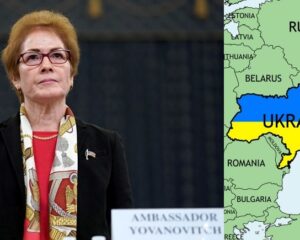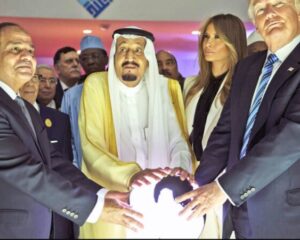Witnesses appearing before the US House of Representatives’ impeachment hearings have connected Russian aggression in Ukraine with US national security. But just how is Ukraine important to the national security of the United States? It may be prudent to have clarity around national interests and to avoid shorthand terms that tend to discourage analysis and articulation of those interests, such as ‘national security’.
Read more

